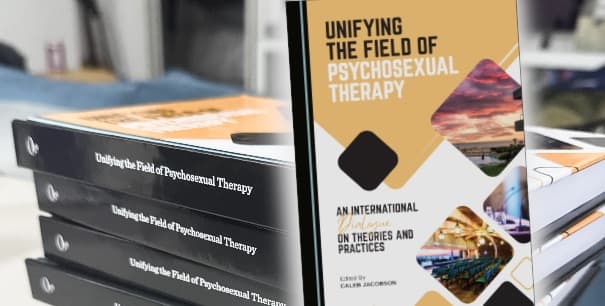The Murder of Motivation
For people with ADHD, there are three relatively common experiences that can get in the way of getting motivated to do boring things.
Strike one: we have difficulty estimating how long a task will take, and therefore are negatively penalized when we don’t finish on time.
Strike two: because our perception of time is split between “now” and “not now”, the idea of delayed gratification is foreign to most us.
Strike three: ADHD craves dopamine line a zombie craves brains. Our search for fun is usually the top priority.
How It Works
Time for some simplified anatomy and physiology.
Deep in our brain are two structures called the striatum and the nucleus accumbens. Both are components of the dopamine reward system. The striatum is important because research has shown that it is a primary area that learns to predict when rewards may be forthcoming.
In our neurotypical friends’ brains, their striatum learn patterns around task and rewards. For example, when a reward follows X, Y, and Q, it can predict the reward and release dopamine when it experiences the pattern in the future. Functional MRI scans have shown the striatum activate in these cases. For folks with ADHD, our striatum don’t activate until after we get the reward.
This difference in striatum activation ties into what I refer to as completing the dopamine cycle.
An ADHD brain experiences a chronic deficiency in dopamine. We jump at every opportunity to get more. When we have a task to do, if it doesn’t immediately drop dopamine into our brains, it’s not important to us. Any task that stimulates dopamine release is more important. That could be Netflix, taking the dog for a walk, a bit more screen time, or eating something sweet.
Our striatum will not fire until we receive the reward or experience fun. Functionally, there is no such thing as delayed gratification to the ADHD brain.
#adhdtips
Luckily, the striatum can be retrained. Here’s where the completion of the dopamine cycle comes in: if we can find a way to increase the excitement of important yet boring or undesirable tasks, our brains will eventually correlate them positively with reward.
How can we do this? The process is simple. Teach the striatum that a reward is part of and follows unimportant tasks. In practice, it kinda works like dog training. When starting striatum training, reward the brain as a task begins, while it is in process, and when it’s complete. Small reward. Small reward. More substantial reward.
Eventually, like our dog being told “sit”, we associate reward with boring and unimportant tasks. I have no pretenses that we might do an unimportant task just for the fun of it. This tool is to help us reliably complete tasks that just have to be done.







